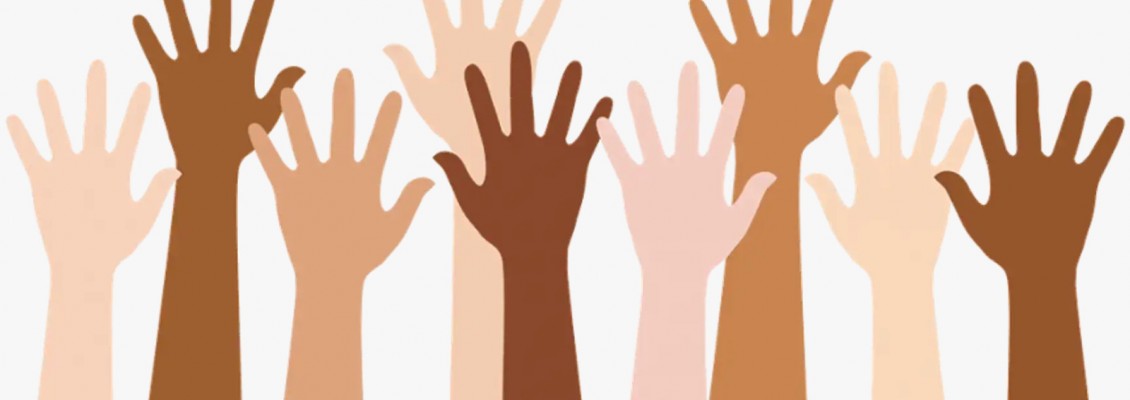
EQUALITY IN ISLAM
In Islam, equality among human beings is a fundamental principle rooted in the Qur'an and Hadith, the two most authoritative sources of Islamic guidance. The Qur'an asserts that all human beings are created equal, regardless of race, ethnicity, or ancestry. These characteristics do not confer superiority upon any individual. Instead, what distinguishes one person from another is their use of intellect, their moral behavior, and their devotion to Allah. The Qur'an emphasizes that all human beings are descended from a common ancestor. The division of human beings into tribes and nations is not a sign of superiority, but rather a means of facilitating social interactions and understanding among diverse groups. On this matter Allah says in the Quran “O mankind, indeed We have created you from male and female and made you peoples and tribes that you may know one another. Indeed, the most noble of you in the sight of Allah is the most righteous of you. Indeed, Allah is Knowing and Acquainted.” [49:13]
Race and ancestry are not signs of superiority, nor is being male or female a sign of superiority. Allah has stated in the Qur'an that no one’s deeds will be lost in the sight of Allah, “whether male or female” [The Quran 3:195] and that anyone who does good deeds as a believer will be rewarded with a good life [The Quran 16:97]. In addition, there is no difference between men and women when it comes to judging their behavior. In addition to the verse stating that all human beings, regardless of gender, were created from the same ancestor and then spread and multiplied on the earth [The Quran 4:1], the Prophet Muhammad’s words during the Farewell Sermon also emphasize this equality: “Your Lord is one, your father is one, you are all children of Adam, and Adam was created from the earth. The Arab has no superiority over the non-Arab, the non-Arab over the Arab, the red-skinned over the white-skinned, the white-skinned over the red-skinned, except piety.”
In Islam, the value of a human being is not determined by their external appearance, wealth, or social status, but by their moral character and inner qualities. Human beings have a mind that is receptive to revelation, a will that can distinguish good from evil, and a heart that can be equipped with good feelings. It is the best use of these qualities and sincerity that makes him valuable. The Prophet Muhammad’s words, “Allah does not look at your appearances and possessions, but He looks at your hearts and behavior.” support this.
It is possible to see examples from the understanding of equality in Islam in daily life. Mosques, which are places where Muslims meet, socialize and worship, are the best example of this. The mosque is open to everyone, and in these places, which are the houses of Allah, people can do things such as resting, reading, and studying in addition to praying. When Muslims pray in congregation, there are no reserved spots for people based on their status or wealth. Those who arrive early stand in the front rows, while those who arrive later stand in the back. The order is based on timing, not on who the person is. Nor is the imam who leads the prayer considered superior to others. Anyone who knows how to recite the Qur’an and lead prayers can be an imam. The most valuable person in the sight of Allah is the one who is most pious towards Allah [The Quran 49:13].
slam recognizes that people may have different roles and responsibilities based on their abilities and circumstances, but this does not negate the principle of equality. For example, in a workplace, individuals may perform different tasks according to their skills, yet they are considered equal in terms of their value as employees. Similarly, in Islam, Allah assigns different responsibilities to individuals based on their capabilities, but all are equal in their worth as servants of Allah. Allah says in the Quran: “Allah does not require of any soul more than what it can afford. All good will be for its own benefit, and all evil will be to its own loss. [The Qur’an 2:286] This verse highlights the fairness of Allah in assigning responsibilities, ensuring that no one is given a burden greater than they can bear. In the end, every human being is equal before Allah in their capacity as His servants, and it is their faith, righteousness, and moral conduct that truly matter.

Leave a Comment